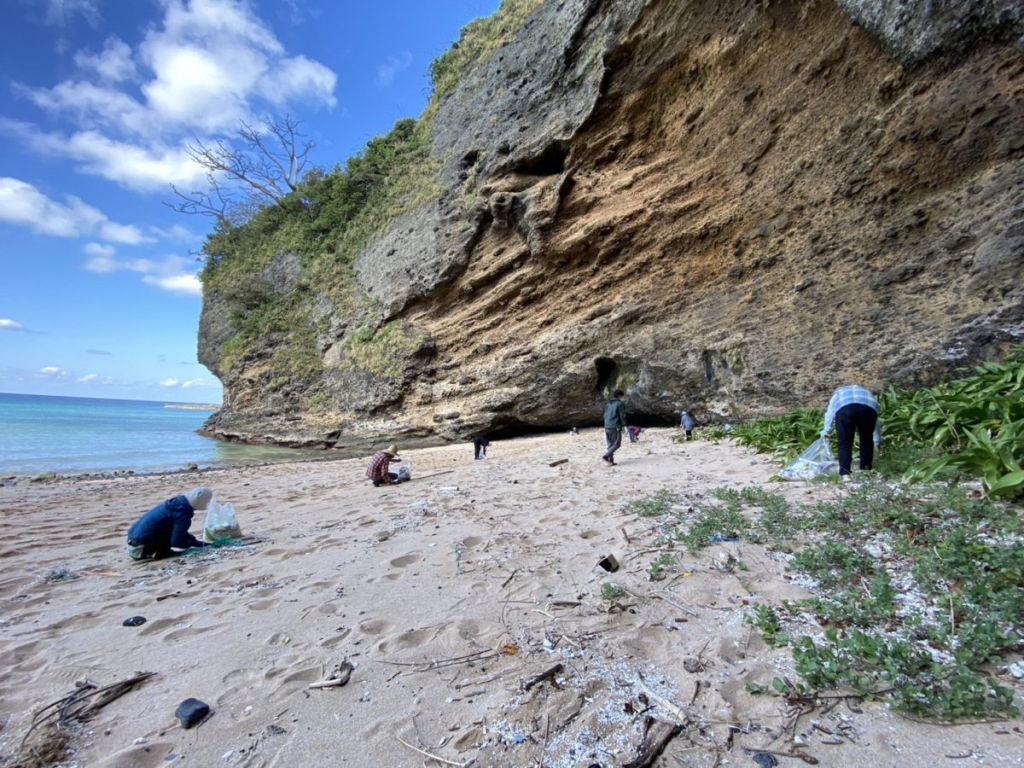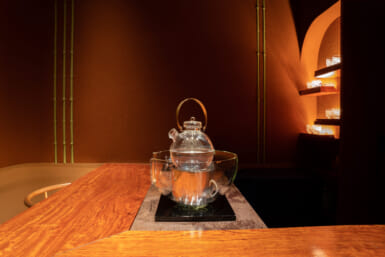With Japan’s borders open once again, visitors have started returning to the country. But a return of tourism doesn’t mean it should just revert to how it was before 2020. The world has changed, and a trip to the archipelago can be more productive and impactful than simply taking in local sights.
That’s the guiding ethos of modern tourism in Ojika Island, located a two-hour ferry ride away from Sasebo City in Nagasaki Prefecture. While people have lived on Ojika for millennia, it is renowned for its natural beauty, particularly its postcard-ready beaches (such as the picturesque Goryo Daki Beach), pristine waters and the ecological wealth found in Saikai National Park. Domestic and international tourists come to soak in these sights, but as issues of sustainability and climate change become more prominent matters, making sure this environmental charm remains undamaged becomes vital.
Ojika Island offers the chance to enjoy a sustainable, guilt-free vacation where one’s presence can feel beneficial rather than an intrusion. Inspired by the United Nations’ Sustainable Development Goals (SDGs), two groups based on Ojika offer experiences that allow visitors to soak in the atmosphere while doing good for the local environment.

Have a Positive Impact
The island has a rich history that can still be observed today. Ancient people occupied Ojika during the Stone Age, and in modern history, it would become a vital area in trade relations between Japan and China, due to its location between the two. The neighboring Nozaki, now a designated UNESCO World Heritage Site, housed “hidden Christians,” who flocked to the island after the religion was banned on the mainland during the 16th century.
One way to experience all the splendors of Ojika while also helping to preserve it is working with a group committed to cleaning up the island. Ojika Island Tourism offers one such experience. The organization puts together activities for those interested in sustainable tourism revolving around clean up efforts on the beaches and surrounding areas of Ojika.
Previous trips have focused on cleaning up plastic waste that washed up on the island from the ocean. While Ojika appears gorgeous at first glance, the truth is millions of pieces of plastic trash wash up yearly on this part of Nagasaki, blotting the landscape and disrupting the charm. Ojika Island Tourism has gathered people to gather the waste, which is then transformed into new products such as soap cases by creators from both corporate and academic fields based around Japan. This project is possible through a collaboration with Kyushu Sangyo University and Yokohama-based company Techno-Labo. The emphasis on SDG lessons extends even to the supplies available for purchase containing cleanup kit bags made from flags traditionally placed on boats to celebrate a big catch and gloves created from completely recycled cotton.
This approach to reducing waste carries over to other industries present on Ojika that tourists can indulge in, all with the comfort of knowing they are doing their part to help support sustainable goals. Independent creators across the island do what they can to make use of all resources presented to them, creating artisanal goods they can be proud of and that visitors want to snap up.

Support Local Initiatives
One of the best examples of this forward-thinking approach to craftsmanship comes via Iki gin, which has helped the brand get greater attention amidst a boom in Japanese gin. Its take on the alcoholic beverage celebrates locally sourced ingredients and utilizes seasonal offerings to create a delicious Japanese gin nodding to the island’s rich taste and history.
In particular, Iki’s “Kagura” series is made with produce that would otherwise be thrown away, all of which was originally harvested on the island. Beyond delivering a dynamic flavor palette featuring a fruity rush alongside a subtle touch of urchin, it shows the sustainable thinking that has started to flourish on Iki, and how that thinking can be applied to items people from all around the world will want.
Emphasizing the local is also central to the mission statement of Okcs Retreat Iki Kairi, one of the island’s most posh lodgings. Besides offering a breathtaking view of the ocean and housing open-air hot springs, the retreat showcases local flavors in the food and drink they serve, creating a sustainable dining experience for guests, and highlighting the local delights of Iki. They also sell a variety of local goods on the premises, allowing visitors the chance to experience the full spectrum of what the island offers.
The Ojika and Iki islands stand at the forefront of a new age of tourism and offers an experience for visitors to Western Japan that is not only guilt-free but capable of making the picturesque location retain its beauty. Whether you go to clean up the beaches or simply head over to enjoy all of the locally grown food and drinks, it’s a destination to enjoy sustainable life in a unique setting.
Visit the Ojika Island Tourism website for more tips on sustainable tourism in the area.
Sponsored Post









